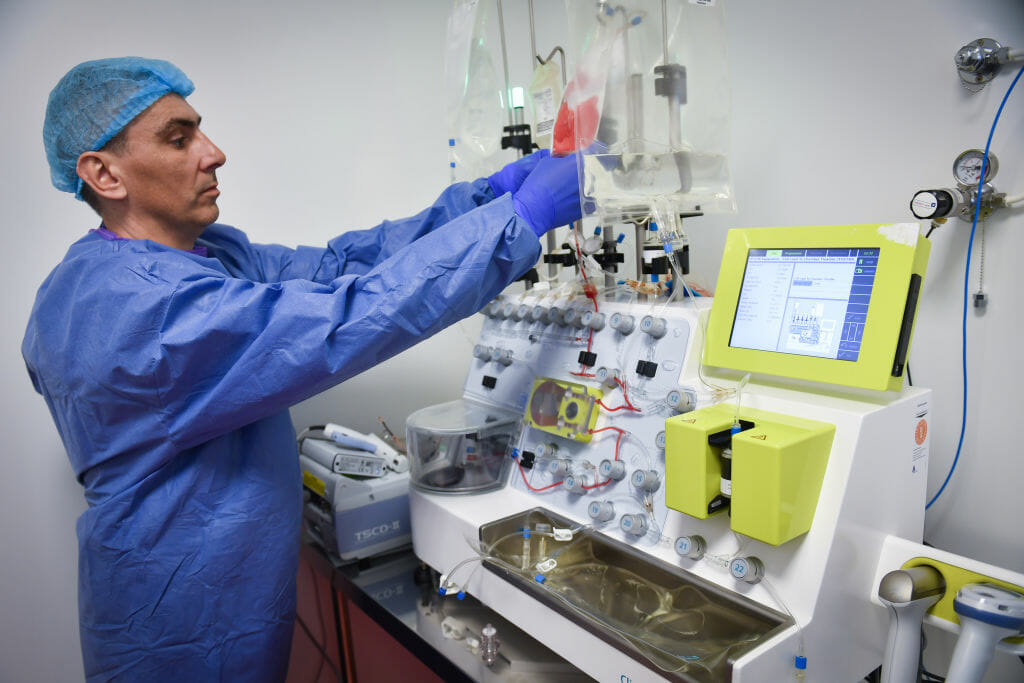A newly identified CD229 chimeric antigen receptor (CAR) binding domain may help to reduce chimeric antigen receptor (CAR) T-cell cytotoxic activity toward noncancerous lymphocytes in vitro and in vivo in patients with multiple myeloma (MM), according to a preclinical study published in Science Translational Medicine.
Previous research indicates that CAR T-cells target a wide range of cell types and it is likely that currently used CAR-T therapies are oversensitive, leading to the high rates of toxicity observed.
For this study, researchers developed a novel approach for creating low-affinity single-chain variable fragment variants to reduce sensitivity in CD229-targeting CAR-T cells. The authors evaluated whether these variants, derived from high-affinity parent variants, retain an optimal level of MM cell targeting without damaging healthy cells.
The researchers used single amino acid substitution to reduce CAR-T cell affinity, and then developed a novel method for identifying CARs likely to have improved selectivity. This relied on screening variant binding domains, which allowed them to determine the CAR-T cells’ cytotoxic activity against MM cells compared with non-cancerous lymphocytes.
When combined with overexpression of c-Jun — a T cell–activating AP-1 transcription factor component — the newly identified CD229 CAR binding domain yielded similar anti-MM activity compared with the original CAR-T cells. The T cells did not, however, show signs of cytotoxic activity towards non-cancerous lymphocytes.
“Ultimately, only a clinical trial can determine the therapeutic value and the toxicity of low-affinity CD229 CAR T cells,” the authors wrote in their report.
Disclosures: Some study authors declared affiliations with biotech, pharmaceutical, or device companies. Please see the original reference for a full list of disclosures.
Reference
Vander Mause ER, Baker JM, Dietze KA, et al. Systematic single amino acid affinity tuning of CD229 CAR T cells retains efficacy against multiple myeloma and eliminates on-target off-tumor toxicity. Sci Transl Med. 2023;15(705):eadd7900. doi:10.1126/scitranslmed.add7900
This article originally appeared on Hematology Advisor
